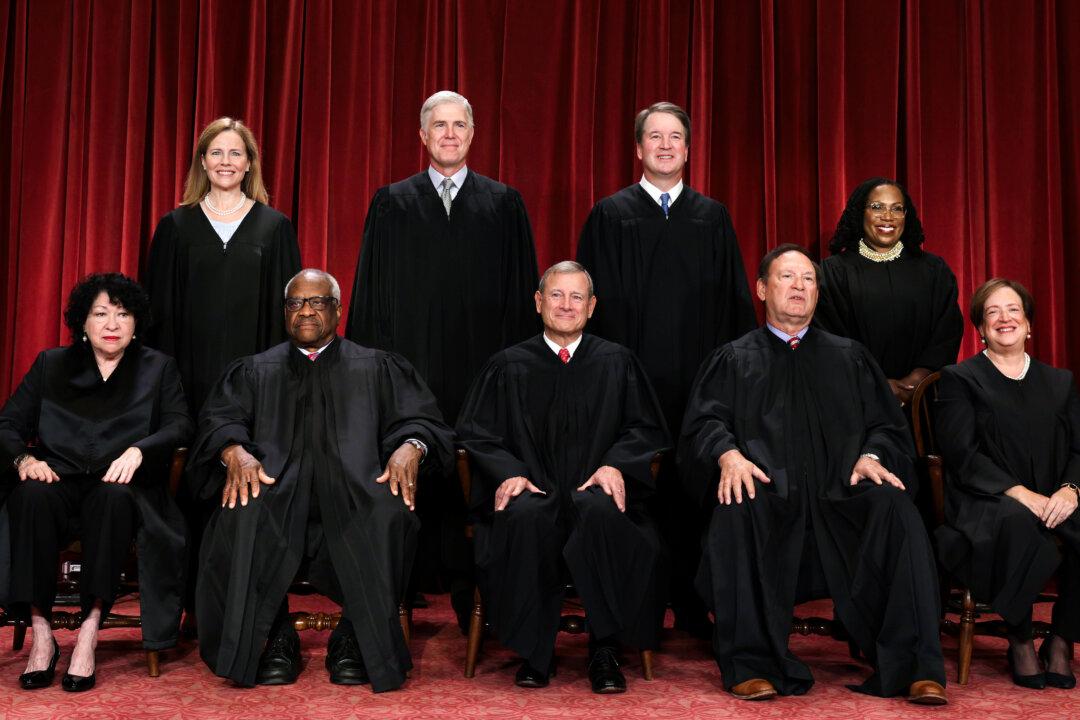An Illinois state lawmaker has petitioned the U.S. Supreme Court to strike down the state’s ban on certain semi-automatic weapons.
State Rep. Dan Caulkins, a Republican, told local media outlets that he is petitioning the high court because he believes the Illinois Supreme Court’s decision to uphold the ban is tainted. He argued that Justices Elizabeth Rochford and Mary Kay O’Brien should have recused themselves from the case earlier this year, saying that both judges received donations from the Gun Violence Prevention PAC, which has called for “banning assault weapons and large-capacity magazines.”





